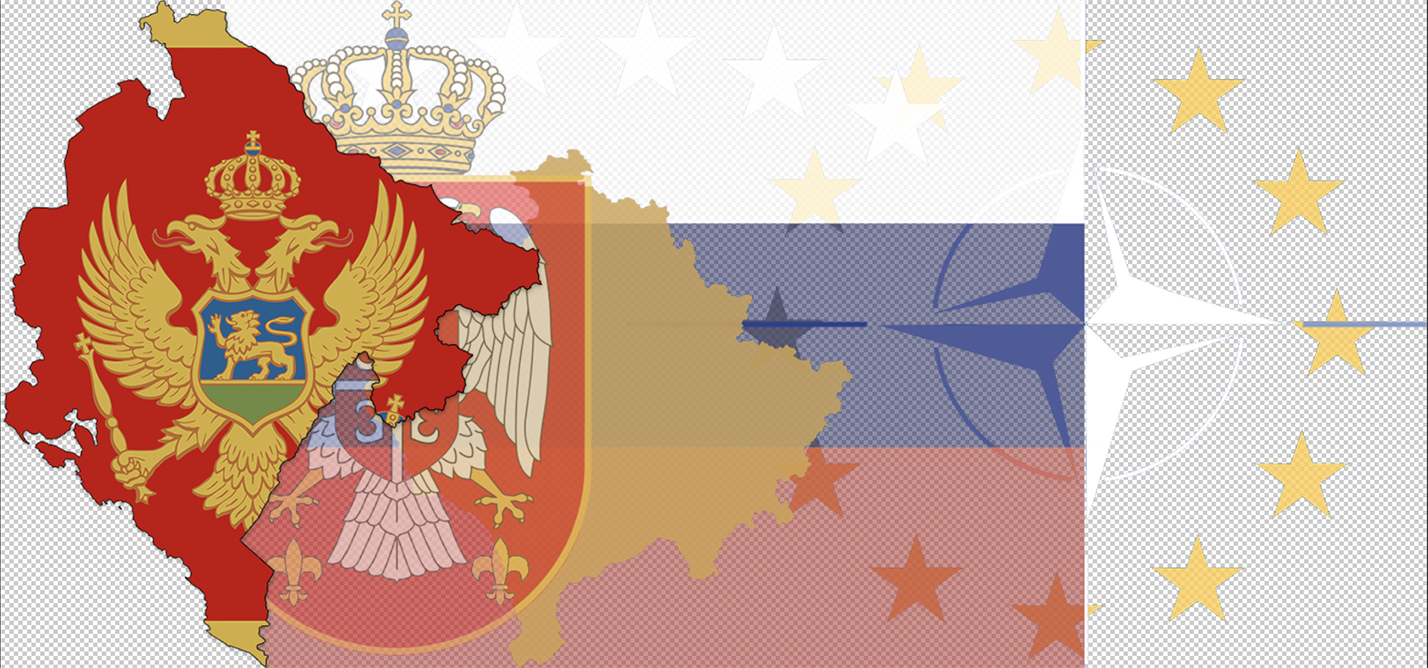
Is Montenegro undergoing a change?
The end of Milo Đukanovic?
After almost 30 years in power, DPS has utilized party staffing to thoroughly grow together with the state it led.
People in the region mostly disregard the fact that Milo Đukanović's presidential term will expire only in three years.
The race against time has already begun for both the former and upcoming governments.

Dario Hajrić
Dario Hajrić writes opinion pieces and analyses on the topics of social power, violence, the political class and the media. He cooperates with Deutsche Welle and the portal Remarker.
DISCLAIMERThe views of the writer do not necessarily reflect the views of Kosovo 2.0.
This story was originally written in Serbian.